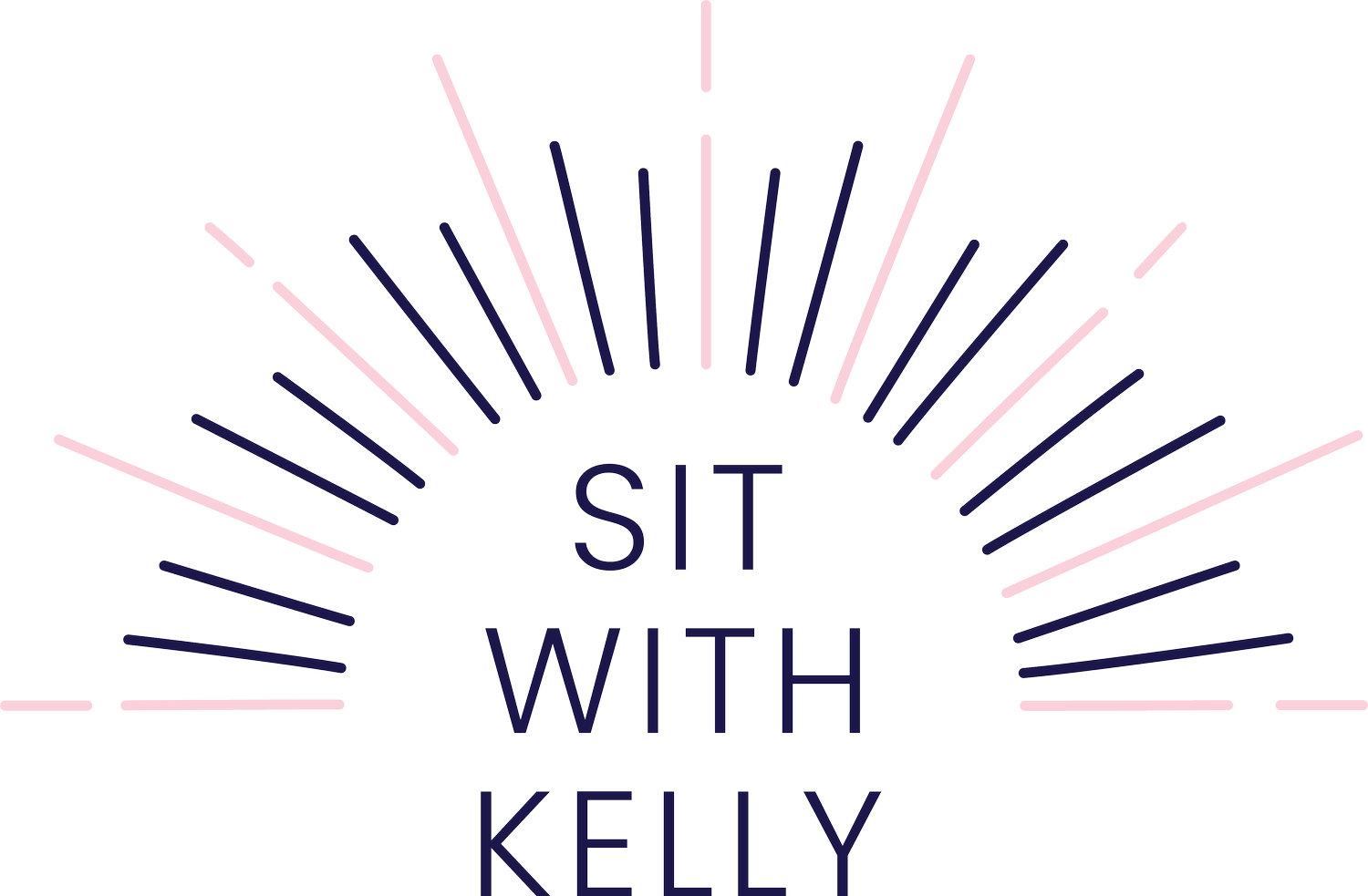5 Tips for Trouble Sleeping
Does your anxiety keep you up at night?
Most of us can relate to that awful feeling of not being able to sleep, due to racing and repetitive thoughts at night. It’s one of the worst side effects of anxiety — the tossing, turning, and next-day fatigue that ultimately only makes our anxiety worse. But thankfully, there are anxiety management tips that help aid both your anxiety and sleep at the same time.
Building a few healthy habits, particularly to practice at bedtime, is one of the most important things you can do for yourself, your sleep, and your anxiety. The following practical tips are not necessarily meant for you to try all at once, especially if none of them are in your routine already. It is okay to start small, beginning with one or two that make sense and seem the most helpful for you.
Create a Routine
Having a consistent bedtime routine is going to dramatically improve your sleep. Having a set way to wind down will help signal to your body that it’s time to go to sleep. This doesn’t need to be complicated - try washing your face, brushing your teeth, and turning down the lights for starters. Maybe grab a book, journal for a couple music, or listen to a few calming songs.
Consistently going to bed at the same time every night and waking up at the same time each morning is really going to help too!
Exercise
There is a psychological benefit to exercise: it affects endorphins and other brain chemicals that help reduce anxiety and stress, as well as ones that help you relax. There is also a physiological side of exercise that helps us sleep, which has to do with our body’s temperature. Moderate exercise increases your body’s temperature by a few degrees so that, later at night when your body temperature drops, it’s easier to fall asleep.
Exercise is not recommended for most people within a couple of hours of bedtime, because it can make you feel more alert. So make sure you’re exercising before dinner time.
Swap Caffeine for CBD
It’s probably no surprise to you that caffeine negatively impacts your sleep. Don’t worry I won’t tell you to ditch your morning coffee - I need mine too! But I’d suggest cutting yourself off around 3 pm. Research shows that you should not have any caffeine within 7 hours of your bedtime, as it can negatively affect your sleep.
I like to take a little CBD after dinner to help me calm down and prepare for bed. I either take a couple CBD drops or a CBD gummy from PUR CBD. It helps me quiet my thoughts, feel less anxious, and sleep more restfully. I’ve partnered with PUR CBD to get you 15% off with promo code SITWITHKELLY (as an affiliate I get a small commission from your purchase).
Meditate
If you struggle with anxiety and sleeping, meditation is a super helpful habit to build—specifically, sleep mediation.
Once you are lying in bed, take deep breaths in through your nose and out through your mouth as you say in your head: “inhale, 1, 2, 3, 4, 5, hold, exhale 1, 2, 3, 4, 5”.
Another nighttime meditation practice includes relaxing your body from your toes up to your head. Say to yourself, “relax your toes,” while taking deep breaths and focusing on that area of your body until it feels relaxed. When you are ready, move to your calves, then thighs, belly, and so on, working your way up to your head. If you still feel anxious when you are through, repeat this technique in the opposite direction.
Put away your phone
When used mindfully and purposefully, smartphones have multiple functions and apps that can do wonders for our mental health and managing anxiety symptoms. Yet, there are also countless ways smartphones can increase anxiety.
For many of us, checking our phones has become a compulsion. We experience anxiety and stress over constantly feeling the need to stay connected and on top of texts and emails. We compare ourselves to others on social media - wishing we had as much fun or success as what others seem to have online. Avoiding screen time at night and replacing it with something more productive can help save you from these unnecessarily anxious thoughts.
If you are going to use your phone at night, try to stop within 30 minutes of falling asleep and lower the brightness on your phone within 2 hours of bedtime. The blue light on your phone can also cause anxiety by increasing your stress hormones.
The more time you spend away from your phone in general, the easier it becomes to notice how much it has been disrupting your emotional and mental wellbeing. This can provide you with a clearer picture of what habits would be healthier and more productive to put in your phone’s place, as you continue to cultivate your ideal anxiety-free sleepy-time routine.
Remember: this post is for informational purposes only and may not be the best fit for you and your personal situation. It shall not be construed as legal, financial, or medical advice. The information and education provided here is not intended or implied to supplement or replace professional advice of your own attorney, accountant, physician, or financial advisor. Always check with your own physician, attorney, financial advisor, accountant, or other business or medical professional before trying or implementing any information read here.

